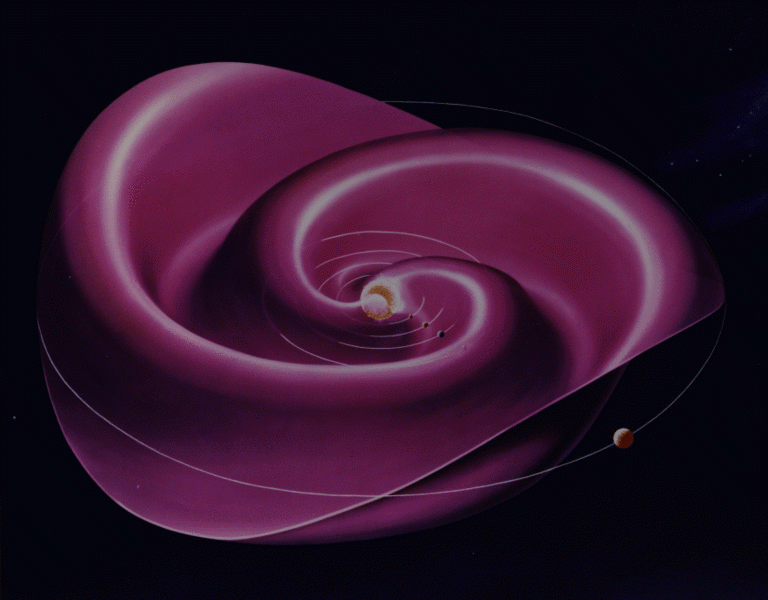This topic contains a solution. Click here to go to the answer
|
|
|
Did you know?
In the United States, an estimated 50 million unnecessary antibiotics are prescribed for viral respiratory infections.
Did you know?
About 3% of all pregnant women will give birth to twins, which is an increase in rate of nearly 60% since the early 1980s.
Did you know?
More than 4.4billion prescriptions were dispensed within the United States in 2016.
Did you know?
Approximately 500,000 babies are born each year in the United States to teenage mothers.
Did you know?
On average, the stomach produces 2 L of hydrochloric acid per day.







